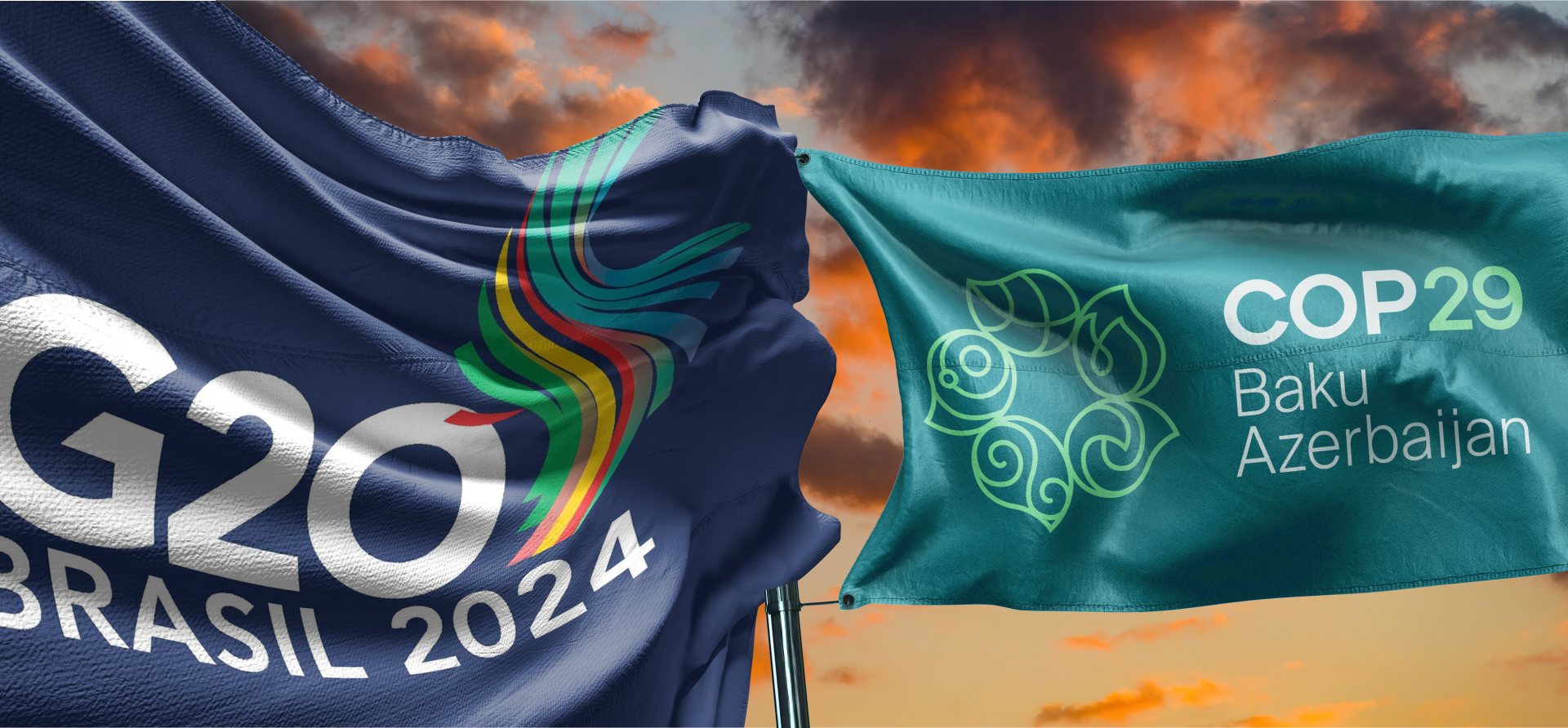Climate emergency: G20 and COP need to shoulder more burden
Download Briefing Note

Key Findings
Multi-country summits and forums like the Group of 20 (G20) and the Conference of Parties (COP) have been instrumental in making decisions that can have a massive impact on limiting global warming and lowering the impact of climate change on all countries, especially vulnerable states.
Both G20 and COP have successfully managed to reiterate the climate emergency, deliberated on enhancing climate finance and managed consensus on difficult climate topics.
Tackling the climate emergency requires more concerted efforts, stronger commitments and tangible actions to bridge the gap between commitments and implementation. G20 South Africa Presidency and COP30 Brazil Presidency must take note and act accordingly.
Introduction
The climate emergency we face today requires an all-hands-on-deck approach, and multilateralism, with all its flaws, can be instrumental in bringing about the required change.
The leaders of key global economies recently met at the Group of Twenty (G20) Summit in Brazil to discuss development issues, including energy and climate change. This meeting came soon after global leaders met at the 29th Conference of Parties (COP29) in Azerbaijan to commit to enhanced climate finance for developing countries and undertaking climate action to limit the rising temperature.
Even if the outcomes at G20 and COP29 are sometimes less than satisfactory for certain stakeholders, multilateralism continues to be seen as “the world’s vehicle for addressing climate change”. Ultimately, these multi-country summits and forums have been instrumental in making decisions that can have a massive impact on limiting global warming and lowering the impact of climate change on all countries, especially vulnerable states.
Notably, the G20 is a group of the world’s major economies contributing about 80% of global gross domestic product (GDP). This makes it a pivotal forum for bringing consensus on issues of global importance, such as climate change, that transcend geographical boundaries. Appreciably, the G20 agenda has added many issues related to energy transition and climate change in recent years. The forum has made a substantial contribution to the global climate change dialogue.
But given the group’s economic power and the potential impact of climate change on the G20 countries, with almost 60% of the world population, there is much more that the group can do and achieve.
COP, an international meeting of the 198 signatories of the United Nations Framework Convention on Climate Change (UNFCCC), which assesses global progress on climate measures, works towards limiting global warming to 1.5 degrees Celsius (oC) above pre-industrial levels. It also provides a forum for international standard-setting and country commitments. With its near universal participation, COP has brought massive awareness to the threat of climate change. It has allowed small and vulnerable states to participate, raise their concerns, and set significant global commitments.
However, COP needs to provide a wider focus on innovative solutions to the climate finance problem and increase the pace of progress.















